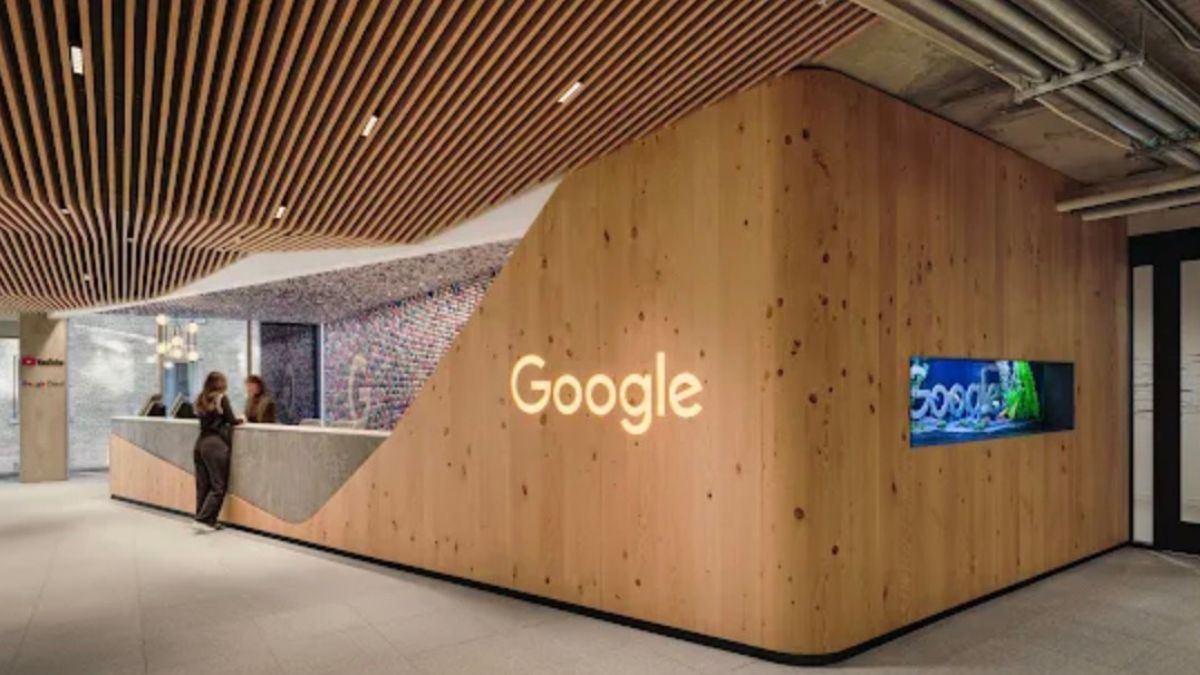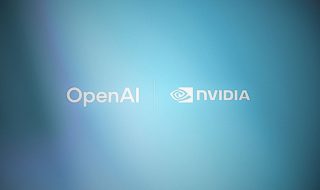Google has always been a company that pushes the boundaries of technology. Its AI experiments started long before most of the world even understood what AI could do. It has been a pioneer in search, mobile OS, and cloud services. But one pattern keeps repeating: Google confuses itself, its users, and often the market.
Instead of improving what works, Google prefers renaming, replacing, or launching “new” products in a rush to beat others. Messaging is the clearest example. Google Talk was once a popular instant messaging platform, with around 10–20 million users. It was replaced by Hangouts, which reached 100–200 million monthly users at its peak in 2017. But between 2016 and 2020, Google split Hangouts into Duo for video calls and Google Chat for enterprise messaging, and also launched the short-lived Allo app. This broke user loyalty and pushed millions to WhatsApp, which grew to over 2 billion users by 2020 and now controls around 40–50% of the global messaging market. Today, Google has almost no presence in the instant messaging segment.
Its phone strategy is another example. Google bought Motorola to enter the hardware business in 2011, then sold it in 2014, only to return later with the Pixel in 2016. Each move left the market unsure of Google’s intentions, while Apple and Samsung solidified their positions. Today, Apple has over 1.1 billion active devices, and Samsung continues to dominate Android markets, while Google’s Pixel share remains around 3–4% globally.
Google’s approach to AI and smart assistants shows the same pattern. Google Now was introduced back in 2012. It promised a smarter, more proactive phone experience. Then it was replaced by Google Assistant in 2016. Google made it the default voice assistant in Android smartphones. Now, with Gemini, Google is changing your smart assistant yet again. Google Assistant has been replaced with Gemini, leaving users unsure what the company actually wants from its AI ecosystem. Meanwhile, competitors like OpenAI’s ChatGPT reached 100 million users in just two months, and Microsoft is integrating AI across its Office products, showing a clear strategy and fast growth.
Gaming is another story of missed opportunities. Google launched Stadia in 2019 to take on cloud gaming early, but a lack of focus, proper marketing, and ecosystem integration led to its shutdown in 2023. Meanwhile, NVIDIA GeForce Now has over 10 million active users, and Xbox Cloud Gaming is available on over 20 million devices. It shows Google’s early lead did not translate into lasting success.
Google’s OS experiments tell a similar story. ChromeOS promised a new computing experience, and Google also pushed it a lot. Now, Google is trying to run Android on PCs. Instead of refining and unifying one platform, it spreads itself thin. AI is the latest frontier, but despite early leadership, Google is struggling to maintain its edge, while competitors are defining the conversation.
Search and mobile are still Google’s core businesses. Android runs on billions of devices, and Google Search is the default search engine for most people worldwide. This gives Google some protection from the chaos in its other products. Steady earnings from these businesses keep the company running without any problem and give it the freedom to experiment. But this advantage is not endless. Now, Google is pushing people into default AI mode and rolling out constant updates in Search. The result is messy: spam often ranks higher, while many trusted sites have fallen. Not many people are happy with how Google is pushing Reddit more than it should. It should avoid killing its core businesses.
This pattern of confusion is everywhere. Google jumps from one “next big thing” to another, often in a rush to compete rather than to lead. It seems obsessed with innovation for headlines, but without consistency, users and markets get lost. Meanwhile, competitors find stability, focus, and clarity—turning Google’s abandoned playgrounds into their success stories.
The irony is clear: Google has the resources, top talent, and vision to dominate every field it enters. But brilliance alone cannot replace consistency and focus. By constantly renaming, replacing, or abandoning its own ideas, Google loses the chance to build lasting products that users trust. In the end, the company that once set the standard often watches as others reap the rewards of its confusion.












